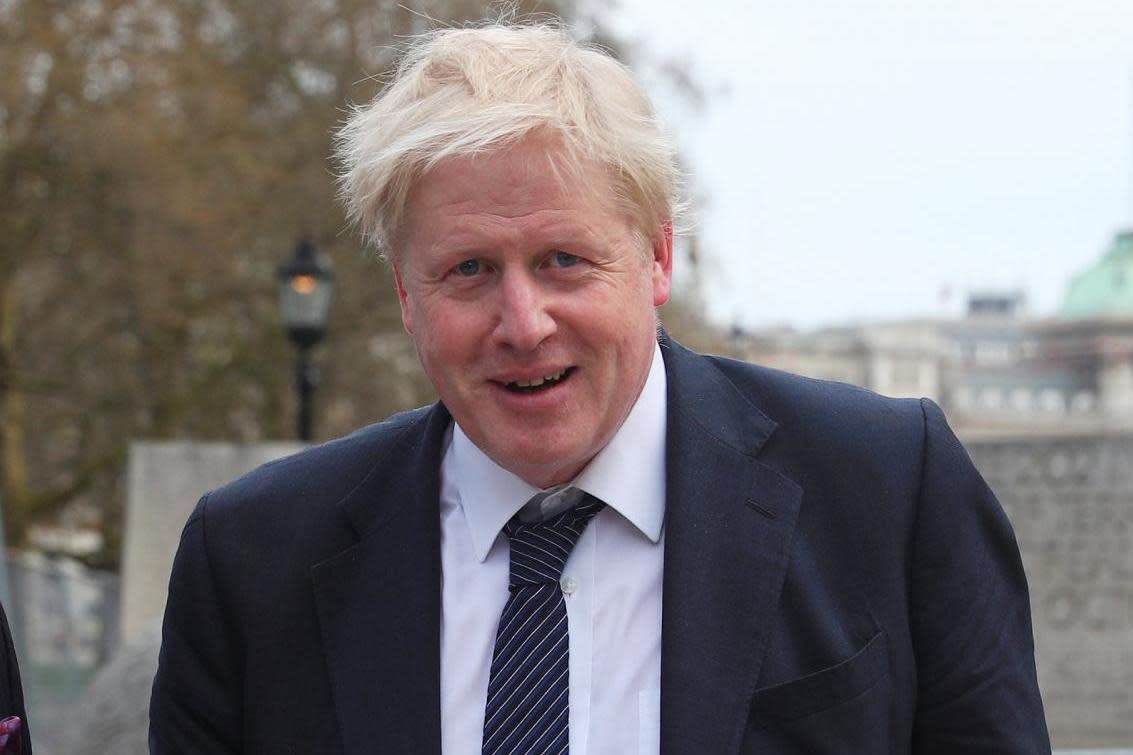Why Britain is helping poor girls get better education

Movements such as #Time’sUp and #MeToo have rightfully moved sexism and discrimination out of the shadows and into the spotlight.
The problems we have in our own country are considerable and we must tackle them — robustly. But issues with gender equality in the UK should not stop or blind us to the flagrant sexism masquerading as “tradition” that is not only holding millions of the world’s poorest girls back but snatching away their futures.
It is sexism that says a girl’s value is based on how many children she has, or the marital match she makes. And it’s sexism that makes some parents invest more in their sons than in their daughters.
The fact is patriarchal attitudes are shutting 130 million girls out of the classroom.
There are myriad reasons why in too many countries girls are not allowed to learn. Sometimes it’s because of the chauvinistic attitudes and behaviour that have led to the economic oppression of women. Sometimes it’s because governments lack the mettle to challenge traditions that leave women and girls stuck.
That’s why Britain will lead by example. We will provide one million vulnerable girls across the Commonwealth with 12 years of quality education by 2030 and we’re committing £212 million to make this a reality.
Educating girls is manifestly in the global interest. It will boost economic growth, curb infant mortality rates, improve child nutrition and release the pressure valve of growing population numbers.
I will use the diplomatic muscle of the Foreign Office to get the world’s poorest girls 12 years of quality education. Why 12 years, you ask? I’ve been inspired by Novel Prize laureate Malala Yousafzai’s calls for all girls to have free, safe and quality education. Twelve years is the level of education needed to move a girl from just surviving to truly thriving. And it’s a public commitment that we can’t row back from.
We’ve already made major progress: In 2000, two out of every 10 girls of primary school age were out of school. Now it’s below one in 10.
Simple, practical steps will help girls learn, such as providing solar lamps so that girls can do homework when it’s dark. Or free sanitary products so that girls won’t miss school because they can’t afford them. Even just bringing schools closer to where girls live will make a difference.
I want all 53 Commonwealth countries to commit to this vision because Britain cannot do this alone. It’s not just a question of resources, the Commonwealth is home to some of the world’s fastest growing economies but also half of the world’s out-of-school girls. This is about priorities and countries challenging the sexism that is holding women and girls back.
Imagine the impact if we pulled together.

 Yahoo News
Yahoo News 
